Stargate project: OpenAI, Oracle pledge support for $500 billion AI infrastructure drive
The Stargate Project will see the construction of huge data centers across the US

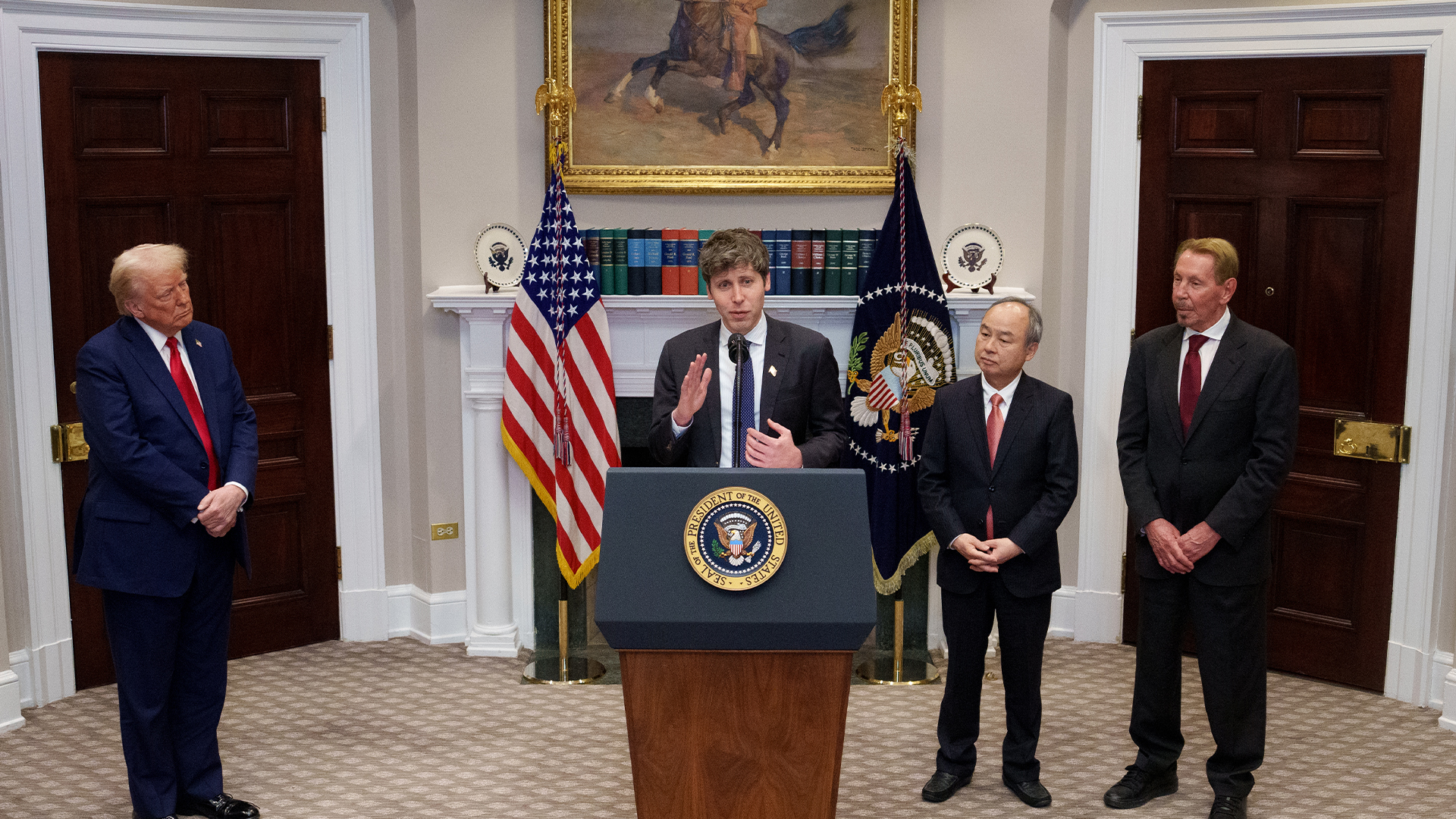
The US government has announced $500 billion in funding as part of a huge drive to expand AI infrastructure capabilities across the country.
The ‘Stargate Project’ is a new company, backed by industry heavyweights including SoftBank, OpenAI, Oracle, and MGX as initial equity funders.
SoftBank and OpenAI are the lead partners, with SoftBank having financial responsibility and OpenAI taking operational responsibility. Softbank's Masayoshi Son will be the chairman.
Meanwhile, Arm, Microsoft, Nvidia, Oracle, and OpenAI are the key initial technology partners for the project.
The move marks one of the first major tech announcements from the new Trump administration.
"We're announcing the largest AI infrastructure project in history, and it's all taking place right here in America. As you know there's great competition for AI and other things," said President Trump.
"We want to keep it in this country. China's a competitor and others are competitors - we want it to be in this country, and we're making it available."
Sign up today and you will receive a free copy of our Future Focus 2025 report - the leading guidance on AI, cybersecurity and other IT challenges as per 700+ senior executives
OpenAI said developments are already underway, starting in Texas with a one-million-square foot data center.
The firm is also evaluating potential sites across the country for more campuses as it puts the finishing touches on definitive agreements. There's expected to be an initial five sites, and eventually as many as 20.
"We will begin deploying $100 billion immediately," OpenAI pledged in a blog post.
"This infrastructure will secure American leadership in AI, create hundreds of thousands of American jobs, and generate massive economic benefit for the entire world."
Oracle, Nvidia, and OpenAI will work closely together to construct and operate the system, building on a collaboration between OpenAI and Nvidia going back to 2016, as well as a more recent partnership between OpenAI and Oracle.
Meanwhile, OpenAI already partners with Microsoft, and says it will continue to increase its use of Azure.
Trump said he would act to help streamline the planning and construction process.
"I'm going to help a lot through emergency declarations because we have an emergency, we have to get this stuff built," he said.
"They have to produce a lot of electricity, and we'll make it possible for them to get that production done very easily, at their own plants if they want, where at the AI plant they'll build energy generation."
Infrastructure expansion hopes tempered by energy concerns
While the infrastructure project has been welcomed by some industry stakeholders, others have raised concerns over the potential environmental impact.
In a LinkedIn post, Mark Nelson of Radiant Energy Group pointed out that the Stargate Project will require an enormous amount of power - and money - to run.
"Each center will want at least 6GW of firm capacity available, minimum, at all times," he said.
"I expect total power costs to run, very roughly, at $4 billion per year per Stargate, or about $100 per MWh. For reference, Microsoft is paying a bit more than $100 per MWh to get 17% of one Stargate's-worth from restarting Three Mile Island."
RELATED WHITEPAPER

AI-related energy consumption has become a recurring talking point in the last two years amidst the rise of generative AI.
In particular, the strain placed on energy infrastructure has raised serious concerns, with research by Schneider Electric in December 2024 highlighting the long-term impact on regional grids.
Similar research on this topic found data centers currently consume 4.4% of American energy, and this is set to triple to 12% by 2028.
The study, conducted by the Lawrence Berkeley National Laboratory, predicted power demands for data centers will increase to between 325TWh and 580TWh in the next four years.
Emma Woollacott is a freelance journalist writing for publications including the BBC, Private Eye, Forbes, Raconteur and specialist technology titles.
-
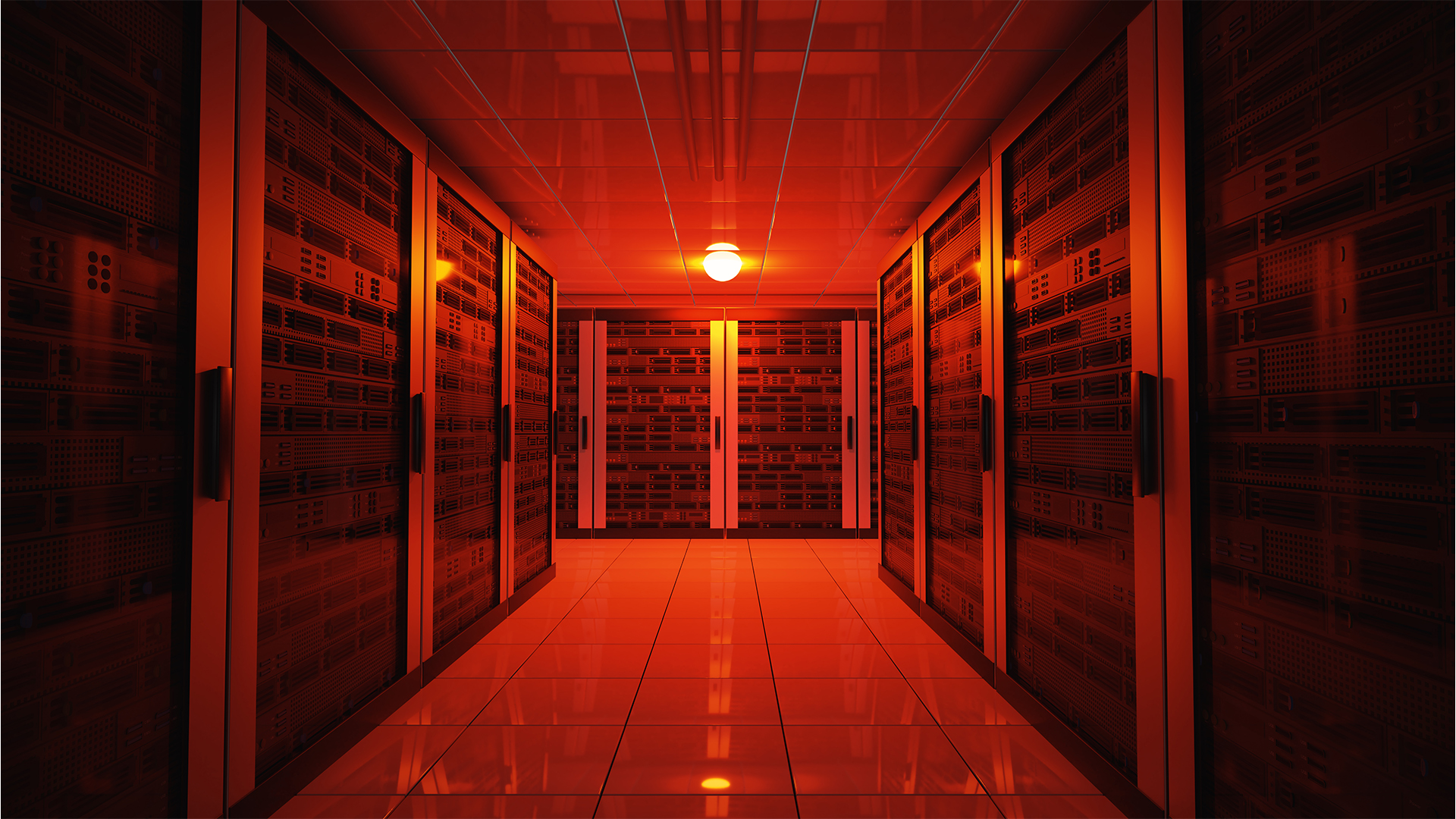 Most data centers are built in unsuitable climates – and it’s seriously impacting efficiency
Most data centers are built in unsuitable climates – and it’s seriously impacting efficiencyNews Research shows that many data centers are in environments that are too hot, potentially risking safety
-
 Data center investment reached a record $61 billion this year
Data center investment reached a record $61 billion this yearNews Hyperscaler expansion, private equity interest, and a surge in debt financing are behind skyrocketing investment levels
-
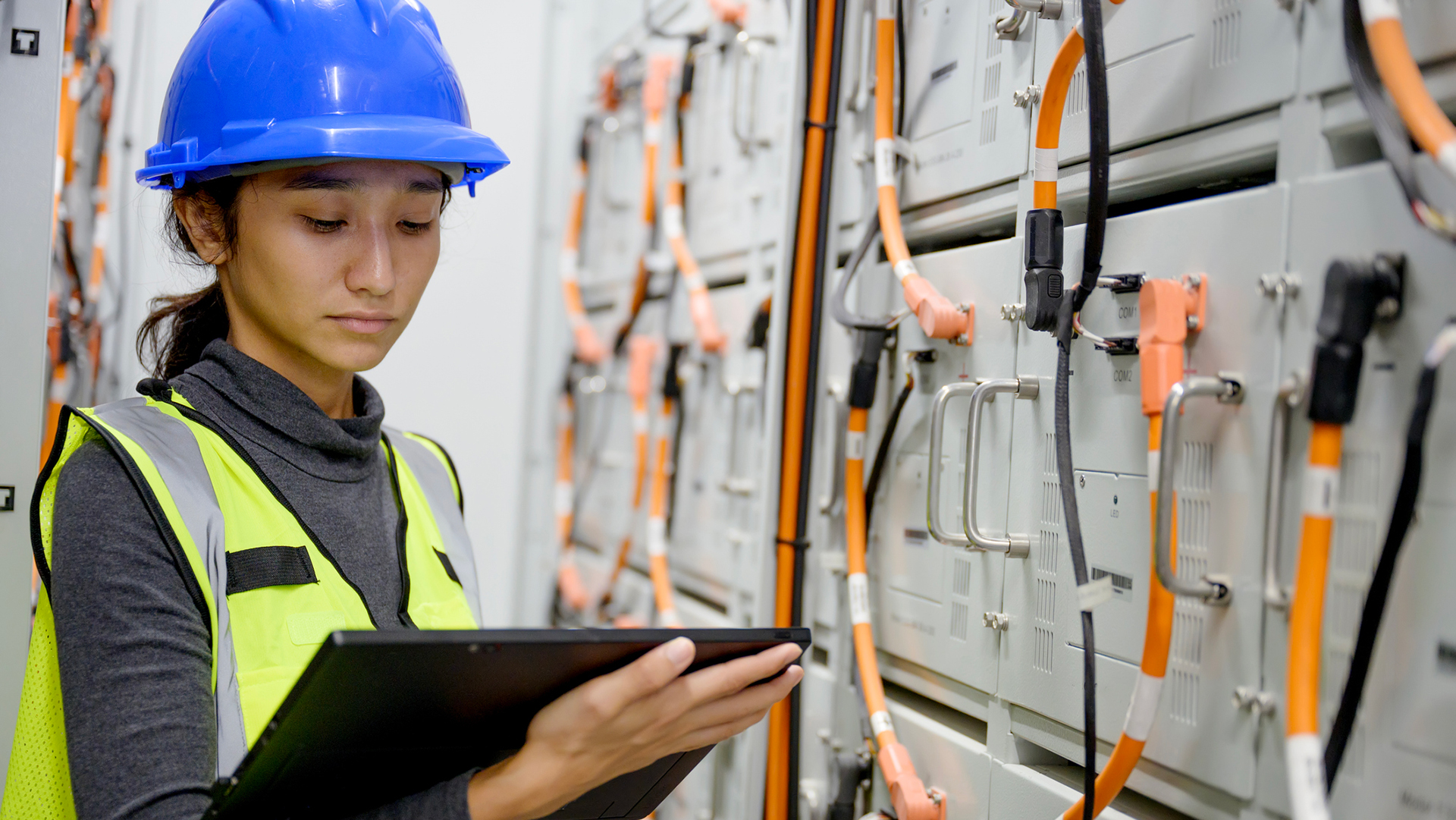 Is BESS the key to data center energy demand?
Is BESS the key to data center energy demand?In-depth Battery energy storage systems can evolve from a transitional solution to a core asset for data centers
-
 Colt DCS to expand West London data center campus in £2.5bn investment
Colt DCS to expand West London data center campus in £2.5bn investmentNews Three new hyperscale data centers and an innovation hub will be added to the site
-
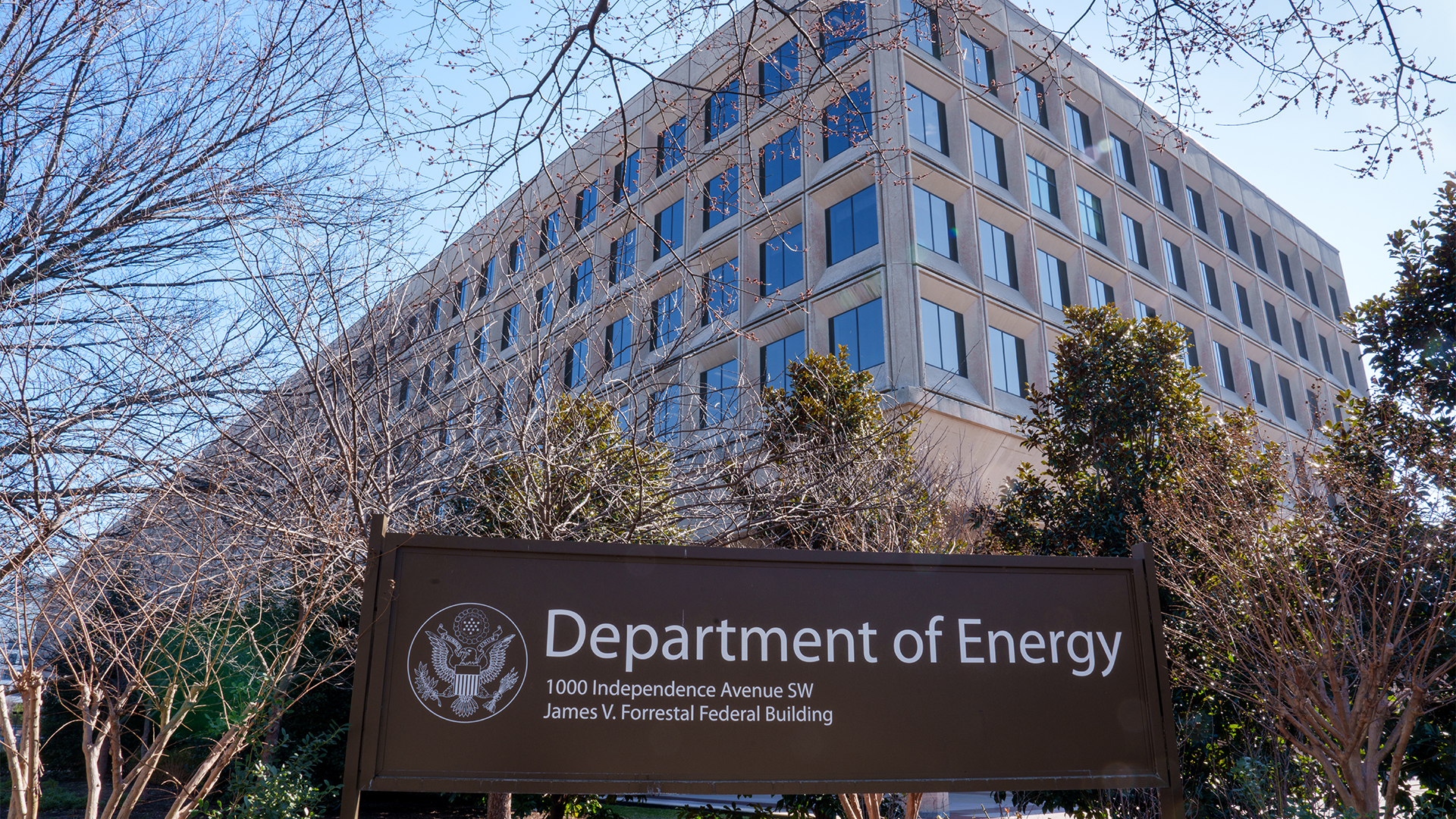 US Department of Energy’s supercomputer shopping spree continues with Solstice and Equinox
US Department of Energy’s supercomputer shopping spree continues with Solstice and EquinoxNews The new supercomputers will use Oracle and Nvidia hardware and reside at Argonne National Laboratory
-
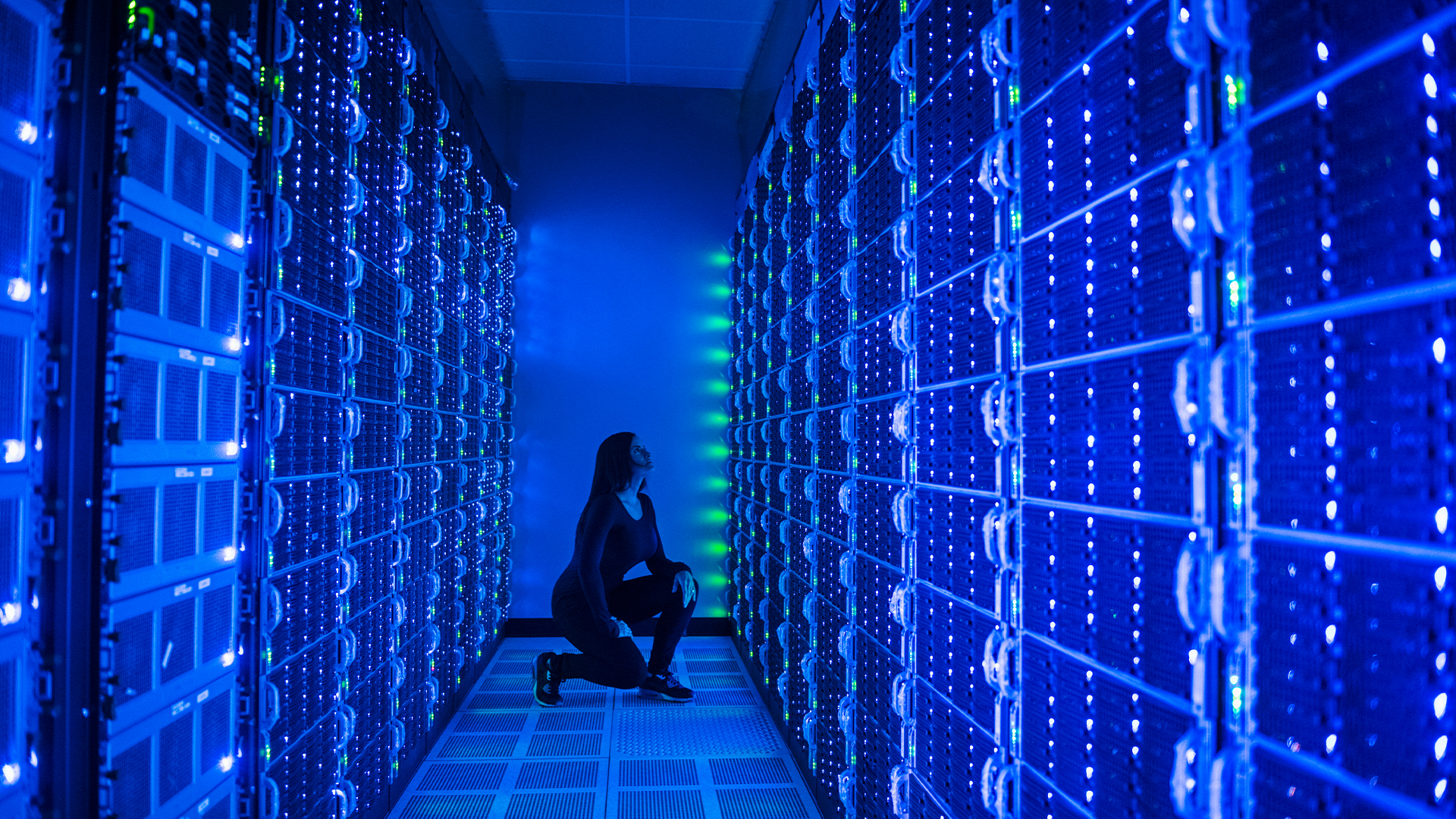 Majority of English data centers use less water than a 'typical leisure center' as operators embrace new cooling methods
Majority of English data centers use less water than a 'typical leisure center' as operators embrace new cooling methodsNews England’s data centers are surprisingly efficient when it comes to water consumption
-
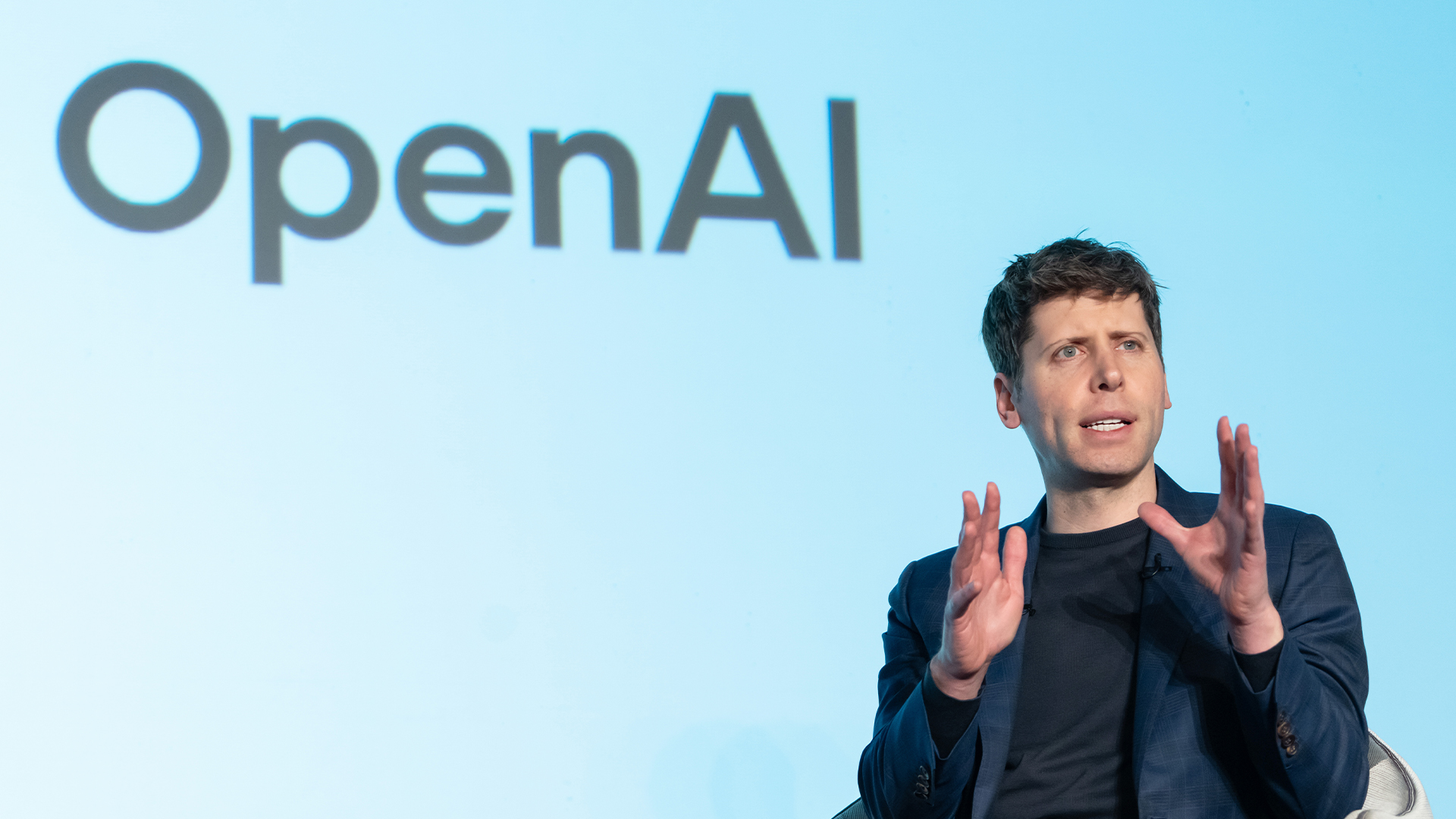 OpenAI is teaming up with Nscale and Aker to build Europe's first AI gigafactory – 'Stargate Norway' is set to host 100,000 Nvidia GPUs and will be powered by renewable energy
OpenAI is teaming up with Nscale and Aker to build Europe's first AI gigafactory – 'Stargate Norway' is set to host 100,000 Nvidia GPUs and will be powered by renewable energyNews Stargate Norway aims to have 100,000 Nvidia processors up and running by the end of next year
-
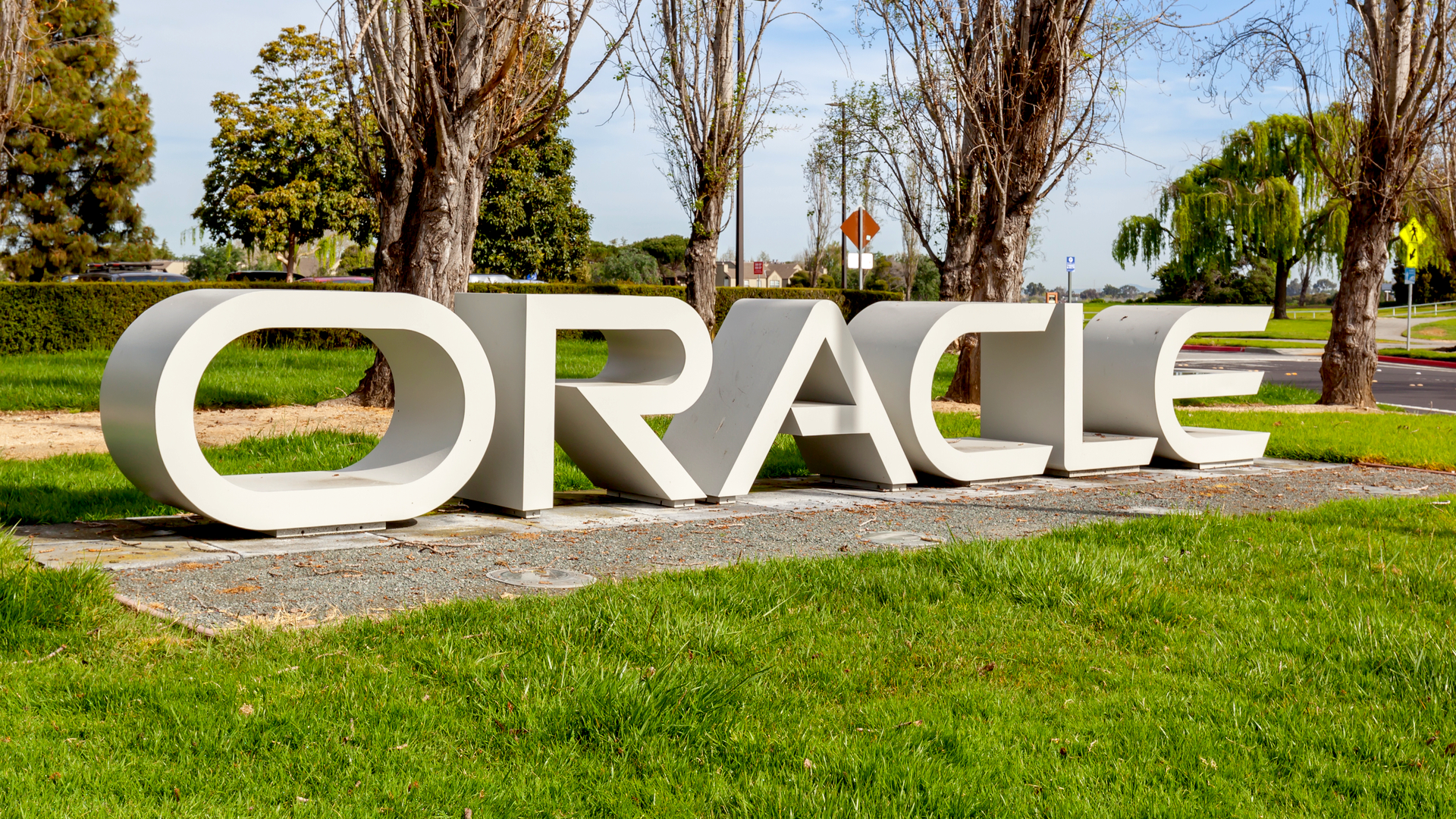 UK cloud infrastructure set for boost amid $5 billion Oracle investment
UK cloud infrastructure set for boost amid $5 billion Oracle investmentNews Oracle is set to invest $5 billion (£3.85 billion) to ramp up support for the UK’s cloud infrastructure capabilities.


